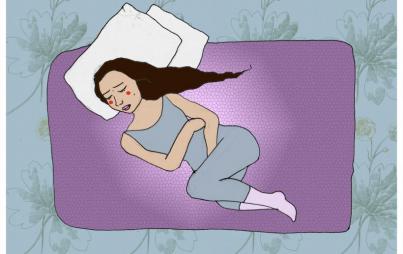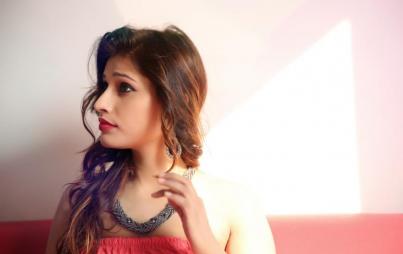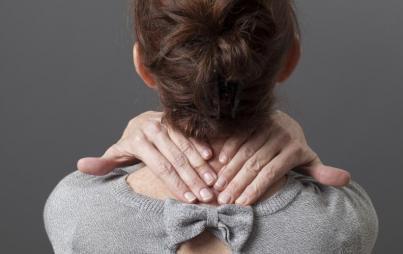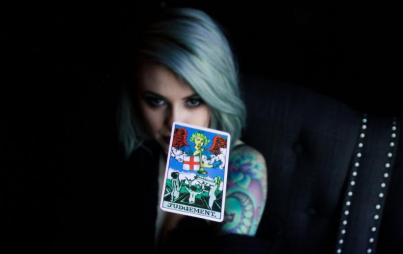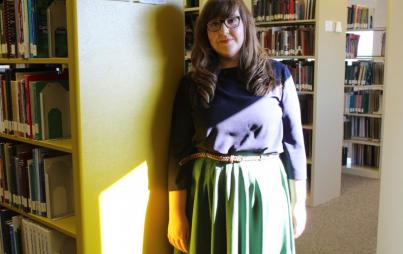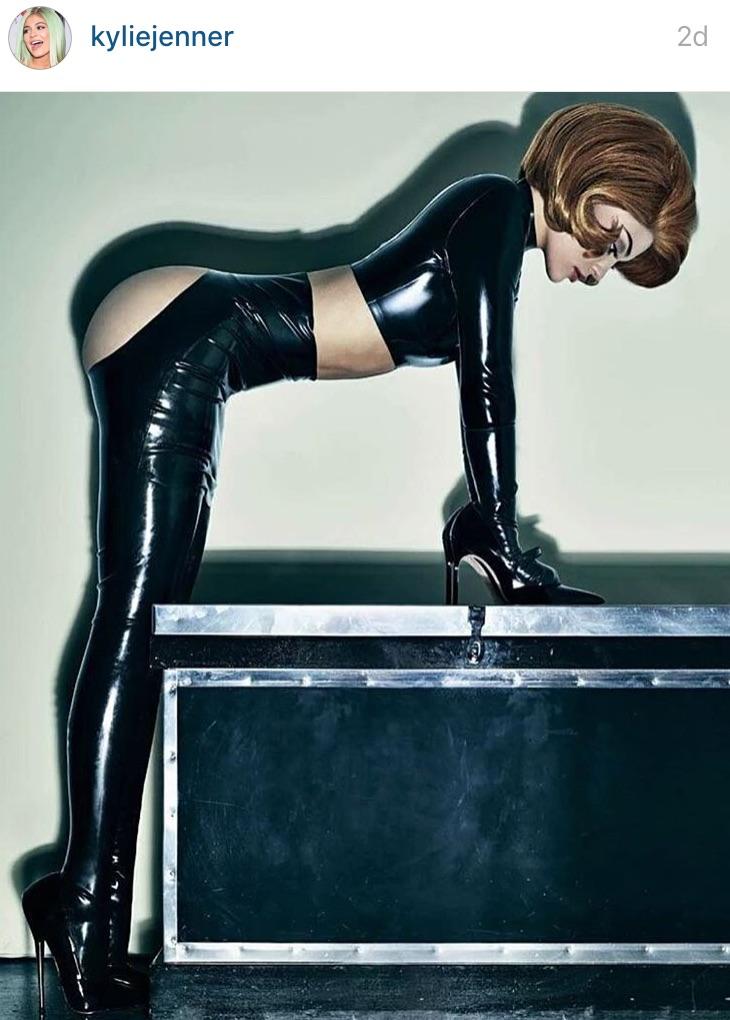
Dear Kylie,
I wasn’t offended when I saw your magazine cover today. Instead, as I read your words and realized that you had posed half-naked in a wheelchair for Interview magazine because it was the most “broken” thing you could imagine, I wept.
I don’t know what it is like to rely on a wheelchair. I have the privilege of choosing whether to use one and, for the most part, I choose not to. Being in a wheelchair forces me to confront my “brokenness” in a world that considers good health a moral imperative, and it reminds me that the world sees me as broken to begin with. These aren’t pleasant side effects, and I avoid them as much as I can.
It took me a long time to be willing to even try using a wheelchair. I fought to remain independent, worried about muscle atrophy and deconditioning, and worked myself up into an emotional frenzy about what it would mean to rely on a wheelchair instead of my own two feet. Eventually, at the urging of friends with similar health problems, I tried using a wheelchair in an airport. For the first time, I didn’t crash the day after traveling, and I was able to enjoy more of my vacation. Later, it gave me back the ability to take my kids to the zoo or even just to Target. Have you ever noticed how much walking it takes to shop at Target? Probably not.
The problem with using a wheelchair is not the mechanics of it — it is how my experience changes as soon as I allow others to perceive me as disabled. When I use a wheelchair, people react in three predictable ways: 1. They stare at me, 2. They stare through me, or 3. They accuse me of faking my disability. In every case, regardless of how good or bad their intentions, it is obvious that the wheelchair is the first thing people see when they look at me and that it informs their opinion of everything from my value to my character. It creates separation and otherness where there should be none, and it leaves me scrambling for the able-bodied privilege I never even knew I had — until I tried to give it up.
I don’t enjoy having someone scream at me that I do not need a wheelchair and to put it back. I don’t want to return to my car after a quick lunch with my daughters to find a note telling me that I “should be ashamed” of myself for parking in a handicapped spot (with my state-issued placard correctly displayed). When I go out into the world without hiding my disability, I do not do it to invite commentary, judgment, or even advice; I do it because it is necessary for me, on that particular day, just to live my life.
I am lucky because I still have a choice. I can still “pass” (even if standing in a checkout line at the grocery store wipes me out for hours afterwards) and because no one can see my disability, they assume that it doesn’t exist. I am able to avoid the judgment and condemnation of strangers, and my life is easier in a million small, yet crucial ways. I do not use a wheelchair most of the time because it makes my life exponentially worse — even though it makes me feel exponentially better.
I know that none of this is your experience, Kylie, and you shouldn’t be expected to know it. However, it is because this isn’t your experience that your cover shoot was in such poor taste. You aren’t disabled, or even sick, and by posing in a wheelchair looking like a vintage sex doll, you reduced a wheelchair to a prop. While the disabled fight to even exist in the picture, your casual use of a wheelchair does nothing to bring awareness to our cause, but rather reinforces the powerlessness and brokenness of disability in our cultural construct.
In your cover photo, you are portrayed as powerless, but you are allowed to be sexy and beautiful, too. You may play at being disabled, but you will walk away healthy and whole, and it is that distinction that fetishizes the same wheelchair that ostracizes me. A wheelchair is an allowable prop for a beautiful young able-bodied woman, but it is strips the sex appeal from even the most beautiful young disabled woman. Disability can be beautiful, and it can even be sexy, but no one will learn that from your photo shoot because you have turned our struggles into a curiosity.
I do not doubt that sometimes you feel broken. We all feel broken and there is a value in honestly and openly exploring our brokenness with each other. But, disability is not yours to explore, and it is certainly not about being broken. It is about having the courage and strength to accept whatever challenges our bodies throw at us, finding beauty and joy in today because tomorrow may look very different, and it is about creating the community that we need to lift each other up when the pain seems impossible to bear. I hope you never need that community, Kylie, but if you do, it will be there for you.
Until then, stand up, walk away, and save the wheelchair for someone who needs one.



